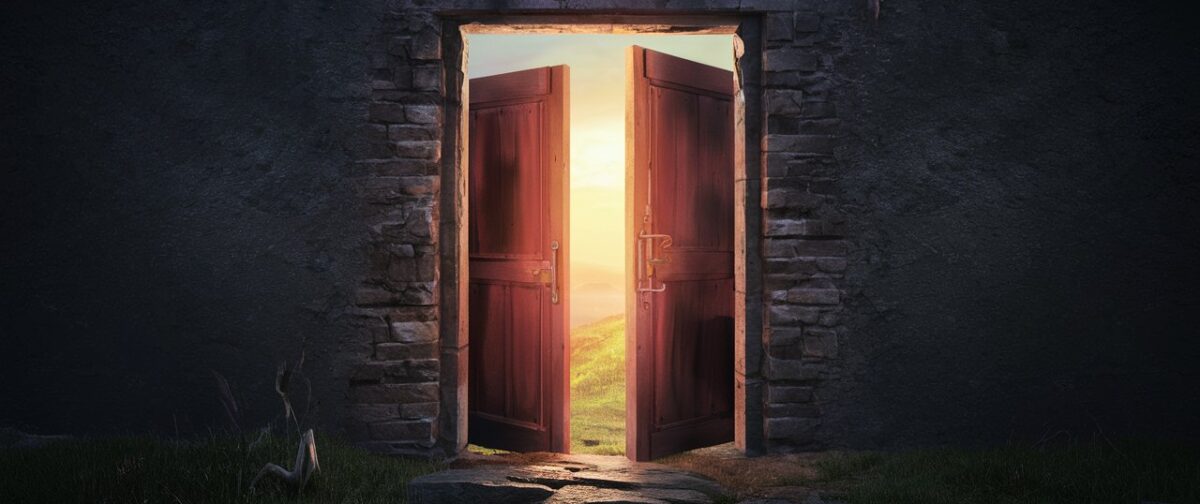So one day over the summer, my friend and I were leaving my house. We got bored playing video games.
Outside was parked my bike, a really nice mountain bike. It was gray with rear shock-absorbers and like twenty gears. You could ride over just about anything on a trail. I had just got it, and it was barely used. My parents had found it at a garage sale, and it was only a few months old. The newest bike I had ever had.
He walked up to the bike, “Wow, this is a nice bike. Can I give it a try?”
“Uhh,” I began to answer, but he was already gone.
He rode around the block, and I saw him again a minute or so later.
“Wait,” I shouted back. “I want to ride it too.”
He continued another lap. His second time around, I ran after him. I only lasted twenty feet, though, before giving up.
“Stop! It’s my bike.”
But he went around again.
I stamped my feet in frustration. That was MY bike, but he just kept going. Why can’t I have my bike back? I rushed inside and did the only thing I could think to do: call the cops. I came back out as he was turning the corner towards the house.
“Nice bike,” he said, getting off and walking it over to me.
As I went to grab it, a police car rode down the street and parked right in front of us. He must have been patrolling in the area or something, because he came around pretty fast.
“I got a call about a bike robbery,” he said from his car seat. Both us stood dead in our tracks.
“Yeah, that was me,” I replied after a few moments of silence. “But I’m fine now. He’s returning it.”
“Well, can I get a brief description for our files.”
He reached into his dashboard and got out a notepad, and I walked around the car next to his door. My friend just stood there on the sidewalk frozen, clutching the bike.
“Look, we’re fine now. He just went off with my bike, but he was only going around the corner. I thought he was stealing it and called you.”
“Okay,” he muttered. His pen was still pressed against his notepad ready to write. He looked up with a tinge of annoyance. “Well, can I at least have your names?”
I gave him mine, and then I gave him my friend’s. The officer’s face suddenly changed. He repeated his last name for confirmation, a new look of concern across his face.
“Are you sure you’re okay?”
“Yep,” I said. Why couldn’t he just go away?
He jotted something down in his notepad.
“Well, let me know if you continue to get any trouble from him.”
The cop put the notepad down on the passenger’s seat and drove away. My friend, who had crept over to the car during the conversation, was looking down at the notepad. I managed to steal a glance before the cop drove away. It read his name in big letters along with attempted theft of a bike.
Suddenly everything clicked. The cop recognized his name instantly. His stepfather was a well-known drug dealer in the neighborhood. The police had been looking for any dirt for a while so that they could make a move on him.
With the police car gone, nothing stood between us. He glared at me. He knew what the cop wrote down and why.
“Here’s your bike,” he said, pointing to it behind him on the sidewalk.
I passed him on the way to it and got on.
He was still glaring at me and began to walk over.
“I just didn’t know what you were doing with it,” I stammered, but that didn’t cover anything. I didn’t know what to say.
He ran after me. Instinctively, I biked away. I had won, had gotten my bike back, but I didn’t want it like this. I stopped pedaling, so he could catch up. He pounced on top of me, pushing me right off the bike. I scraped against the concrete sidewalk. Before I could catch my breath, he was kicking me in the stomach. I lay there, tightened my abs, and hoped for the best.
About two minutes later, we hung out at the park as if nothing had happened.
(If you would like to read more short stories, you can browse them here.)



